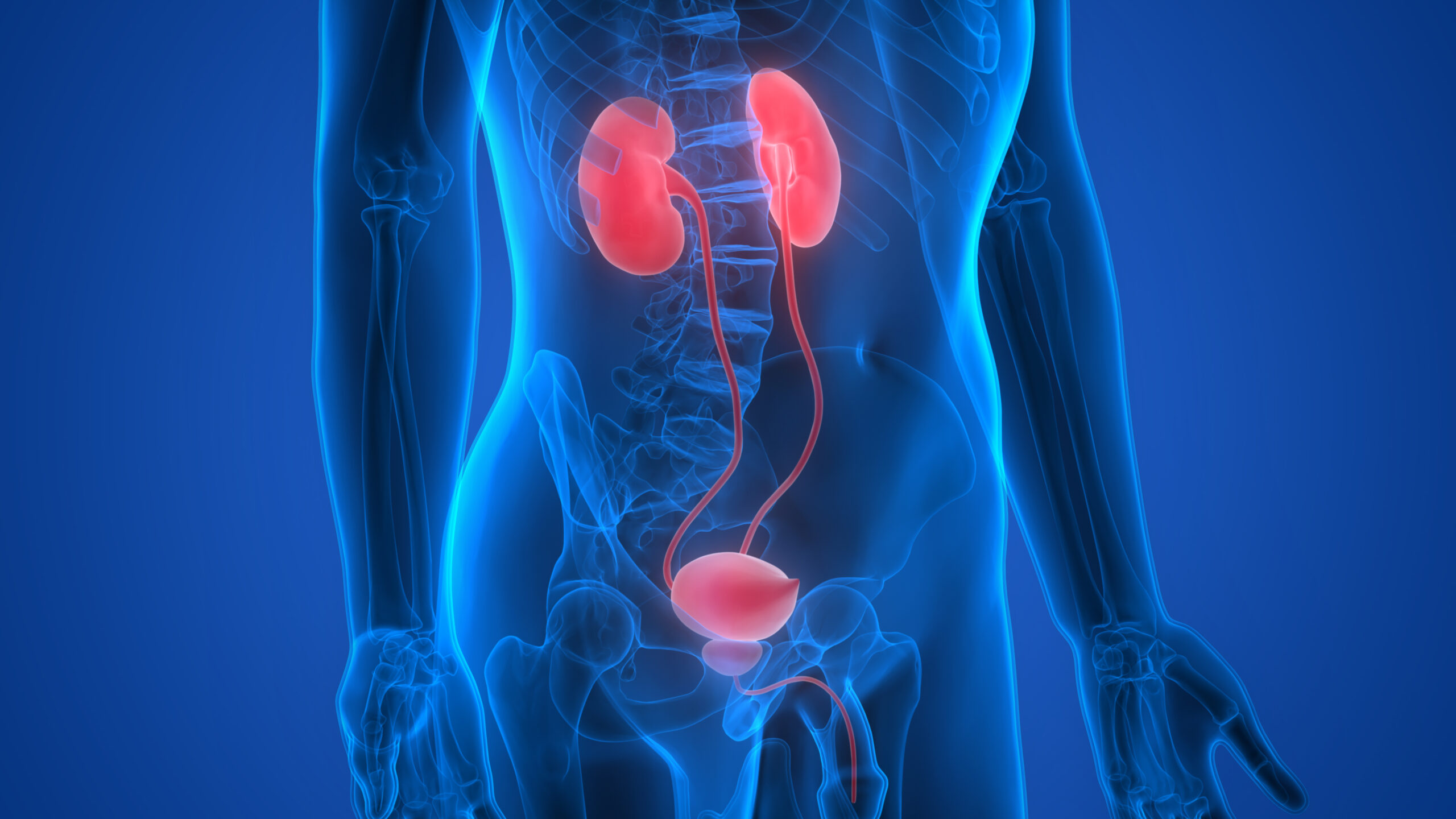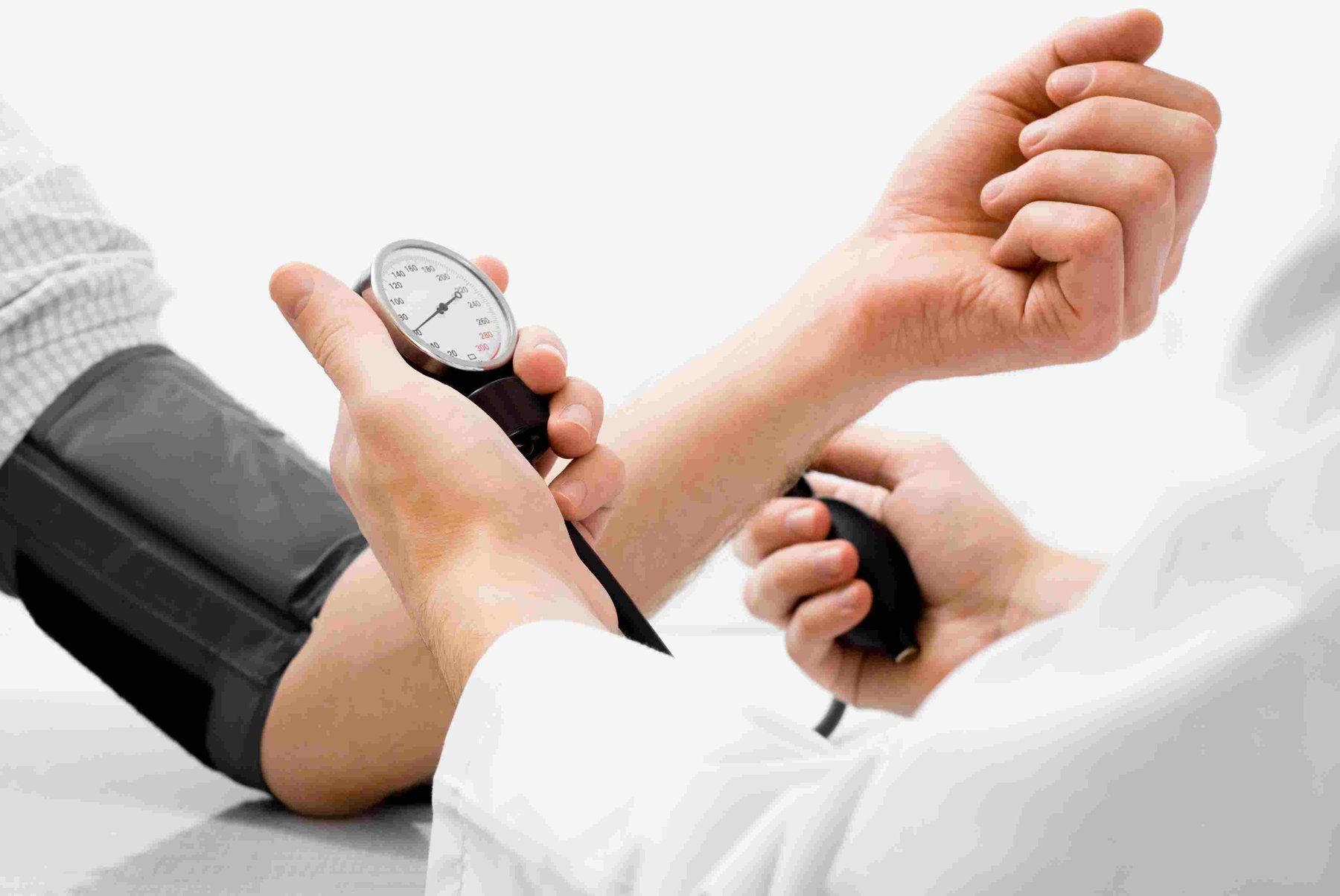Key kidney warning signs include dark or foamy urine, increased nighttime urination, persistent fatigue despite rest, swollen ankles or puffy eyes, and high blood pressure that resists medication. You might also experience unexplained skin rashes, constant itching, a metallic taste in your mouth, food aversion, or shortness of breath during minimal activity. Early detection greatly improves outcomes, so understanding these subtle symptoms could save your kidneys.
Key Takeaways
- Changes in urination patterns, including dark or foamy urine and altered frequency, may indicate kidney dysfunction.
- Persistent fatigue that doesn’t improve with rest suggests declining kidney function and toxin accumulation in the bloodstream.
- Swelling in extremities and face, particularly around the eyes or ankles, signals potential fluid retention due to kidney issues.
- Persistent high blood pressure resistant to medication often indicates underlying kidney damage and requires monitoring.
- Additional warning signs include unexplained skin rashes, metallic taste in mouth, and shortness of breath during minimal activity.
Changes in Urination Patterns and Appearance

When your kidneys aren’t functioning properly, changes in urination are often the first warning signs you’ll notice. Your urine color may shift from pale yellow to dark amber or even reddish-brown, indicating possible blood in your urine. This discoloration shouldn’t be ignored, as it could signal inflammation or damage to your kidney tissues.
You might also experience significant changes in urination frequency. Suddenly needing to urinate more often, particularly at night, could indicate your kidneys are struggling to filter waste efficiently. Conversely, decreased urination can suggest kidney function has become severely compromised.
Additionally, watch for foamy or bubbly urine, which may indicate excess protein being excreted—another sign of kidney distress.
Foamy urine isn’t just unusual—it’s your body signaling dangerous protein loss through damaged kidneys.
If you notice persistent changes in your urination patterns lasting more than a few days, consult your healthcare provider promptly.
Persistent Fatigue and Energy Loss
Though often mistaken for simple exhaustion, persistent fatigue that doesn’t improve with rest can signal declining kidney function. When your kidneys aren’t filtering properly, toxins accumulate in your bloodstream, leading to chronic tiredness that affects your daily activities.
Kidney fatigue differs from normal tiredness—it’s profound, persistent, and often accompanied by mental fogginess or difficulty concentrating. You might notice you’re sleeping more but still waking up exhausted, or that everyday tasks suddenly require tremendous effort.
This energy drain happens because your kidneys help produce erythropoietin, a hormone that stimulates red blood cell production. Fewer red blood cells mean less oxygen delivered to your muscles and brain.
If you’re experiencing unexplained fatigue lasting more than a few weeks, don’t dismiss it as stress or aging.
Swelling in the Extremities and Face
When your kidneys aren’t filtering properly, you’ll often notice swelling in your ankles and feet that worsens throughout the day.
Facial puffiness, particularly around your eyes, represents another common pattern of edema that suggests potential kidney dysfunction.
If you wake up to find unexpected swelling that wasn’t present the night before, it’s a concerning sign that warrants immediate medical attention.
Ankle and Foot Puffiness
Swollen ankles and feet often serve as visible warning signs of kidney dysfunction. When your kidneys can’t efficiently remove excess fluid from your body, this liquid accumulates in lower extremities due to gravity. You might notice this puffiness is worse at the end of the day or after prolonged sitting or standing.
| Symptom | What It Means | When to Worry |
| Ankle swelling | Fluid retention | When persistent or unexplained |
| Foot discomfort | Pressure from excess fluid | When accompanied by pain |
| One-sided swelling | May indicate different issue | Seek immediate medical attention |
Pay attention to whether pressing on the swollen area leaves an indentation (pitting edema). This type of swelling, especially when paired with other kidney-related symptoms, warrants a conversation with your healthcare provider about possible kidney function testing.
Facial Edema Patterns
While ankle swelling often catches our attention first, facial puffiness represents an even more concerning indicator of kidney dysfunction.
You’ll typically notice this facial swelling most prominently around your eyes when you wake up in the morning. This occurs because your kidneys aren’t properly removing excess fluid while you’re lying down overnight.
Facial edema causes extend beyond mere discomfort—this symptom indicates your kidneys are struggling to maintain proper fluid balance throughout your body.
Unlike occasional puffiness from allergies or crying, kidney-related facial swelling persists and often worsens over time.
You might also observe a gradual change in your face’s appearance, with a consistently puffy look that doesn’t resolve with simple measures like reducing salt intake or elevating your head during sleep.
Overnight Swelling Development
Three key patterns characterize kidney-related overnight swelling, making it distinct from other causes of edema.
First, you’ll notice puffiness that’s most prominent after waking, particularly around your eyes and ankles, as your kidneys fail to process overnight water retention.
Second, this swelling often appears symmetrically in both legs, unlike heart failure which typically affects one side more.
Third, you might experience sudden weight gain of 1-2 pounds overnight without dietary changes. This weight represents fluid your kidneys couldn’t eliminate.
The swelling typically improves slightly throughout the day as gravity redistributes fluid, but returns each morning.
When pressing your swollen tissue leaves an indentation that slowly rebounds, this “pitting edema” suggests your kidneys may be struggling to maintain proper fluid balance.
High Blood Pressure That’s Difficult to Control

If your blood pressure remains high despite taking multiple medications, it could signal kidney damage since your kidneys help regulate blood pressure through hormone production and fluid balance.
When kidney function declines, you’ll often experience a cycle where hypertension damages kidneys further, while damaged kidneys simultaneously worsen hypertension.
You should track your blood pressure readings regularly, noting any upward trends or sudden changes that persist, as these patterns can help your doctor determine if kidney disease is contributing to your resistant hypertension.
Blood Pressure Medication Resistance
When your blood pressure remains stubbornly high despite taking multiple medications as prescribed, you may be experiencing medication resistance. This stubborn hypertension often signals underlying kidney dysfunction, as your kidneys play a vital role in regulating blood pressure.
| Warning Signs | What It Means | Action Steps |
| BP >140/90 on 3+ meds | Kidney filtration issues | Contact nephrologist |
| Increasing medication doses | Declining kidney function | Request kidney function test |
| Swelling with hypertension | Fluid retention | Reduce sodium intake |
| Medication side effects | Body struggling with drugs | Discuss treatment alternatives |
| Morning BP spikes | Overnight kidney stress | Monitor morning readings |
Don’t ignore this resistance pattern. Your kidneys might be sending distress signals through your blood pressure readings. Request thorough kidney function tests, as early intervention can greatly slow progression of kidney damage.
Kidney-Hypertension Connection Explained
Your kidneys and blood pressure function in a continuous feedback loop, each considerably influencing the other in ways many patients don’t realize. When your kidneys suffer damage, they can’t effectively filter excess fluid and sodium from your bloodstream, causing blood pressure to rise.
Conversely, uncontrolled hypertension damages blood vessels throughout your body, including those crucial to kidney function.
If you’re taking multiple blood pressure medications but still can’t achieve target readings below 140/90 mmHg, your kidneys may be involved. This resistance to hypertension management often signals underlying kidney disease, even before other symptoms appear.
Regular testing of both blood pressure and kidney function becomes essential when medication resistance develops. Don’t dismiss persistent high readings as “stress” or “white coat syndrome”—they might be your body’s warning that kidney health requires immediate attention.
Monitoring Blood Pressure Changes
Proper blood pressure monitoring serves as the frontline defense in detecting kidney-related complications before they progress to advanced stages. If you’re experiencing blood pressure readings that remain high despite medication, this could signal kidney dysfunction, as your kidneys play a vital role in hypertension management.
| Blood Pressure Category | Systolic (mmHg) | Risk Level for Kidneys |
| Normal | Below 120 | Low risk |
| Elevated | 120-129 | Increased risk |
| Stage 1 Hypertension | 130-139 | Moderate risk |
| Stage 2 Hypertension | 140+ | High risk |
Check your blood pressure at least twice weekly if you have kidney concerns. Document your readings, noting the time of day and which arm was used. Share this log with your healthcare provider to establish patterns that might indicate kidney issues requiring intervention.
Unexplained Skin Rashes and Persistent Itching
While many skin conditions have straightforward causes, unexplained rashes and persistent itching may signal underlying kidney dysfunction. When your kidneys struggle to remove waste from your bloodstream, these toxins can accumulate and manifest as skin problems.
Unexplained skin issues often reveal silent kidney problems when waste builds up in your bloodstream.
You might notice dry, flaky patches that don’t respond to typical moisturizers. Unlike common allergic reaction signs, kidney-related skin issues often appear without identifiable skin sensitivity triggers.
The itching (pruritus) typically worsens at night and affects your back, arms, and abdomen.
If you’re experiencing persistent itching without obvious cause, especially if accompanied by other kidney disease symptoms, don’t dismiss it as merely dry skin. This could be your body alerting you to important changes in kidney function that warrant medical attention.
Metallic Taste in Mouth and Food Aversion
A peculiar metallic taste in your mouth, often described as similar to chewing on pennies, might indicate advancing kidney disease. This occurs when your kidneys fail to properly filter waste products from your blood, allowing these substances to accumulate and alter your taste perception.
You might notice food suddenly tastes different or unappetizing, leading to food aversion and potential nutritional deficiencies. Many patients report that previously enjoyed foods become repulsive, particularly protein-rich items like meat. This aversion can contribute to unintentional weight loss and weakness.
If you’re experiencing a persistent metallic taste alongside decreased appetite, don’t dismiss these symptoms. They often appear gradually but shouldn’t be ignored, especially if you have risk factors such as diabetes, hypertension, or a family history of kidney disease.
Shortness of Breath and Concentration Problems
Persistent shortness of breath, even during minimal physical activity, often signals declining kidney function as waste products and excess fluid build up in your lungs.
These breathing difficulties typically worsen when you’re lying down, which can disrupt your sleep patterns and contribute to chronic fatigue.
As kidney function deteriorates, toxins that would normally be filtered out remain in your bloodstream, reaching your brain and causing cognitive decline.
You might notice difficulty focusing on tasks, trouble remembering information, or mental fogginess that interferes with daily activities.
These concentration problems often develop gradually, making them easy to dismiss as stress or aging.
If you’re experiencing unexplained shortness of breath alongside memory or thinking issues, don’t ignore these symptoms—they warrant prompt medical evaluation.
Conclusion
If you’re experiencing these warning signs, don’t wait to seek medical attention. Your kidneys silently filter about 200 quarts of blood daily—that’s enough to fill 50 gallon-sized milk jugs—yet symptoms often appear only when function has declined by 75%. Early detection dramatically improves outcomes, so listen to your body’s signals and schedule regular checkups, especially if you have diabetes, high blood pressure, or family history of kidney disease.